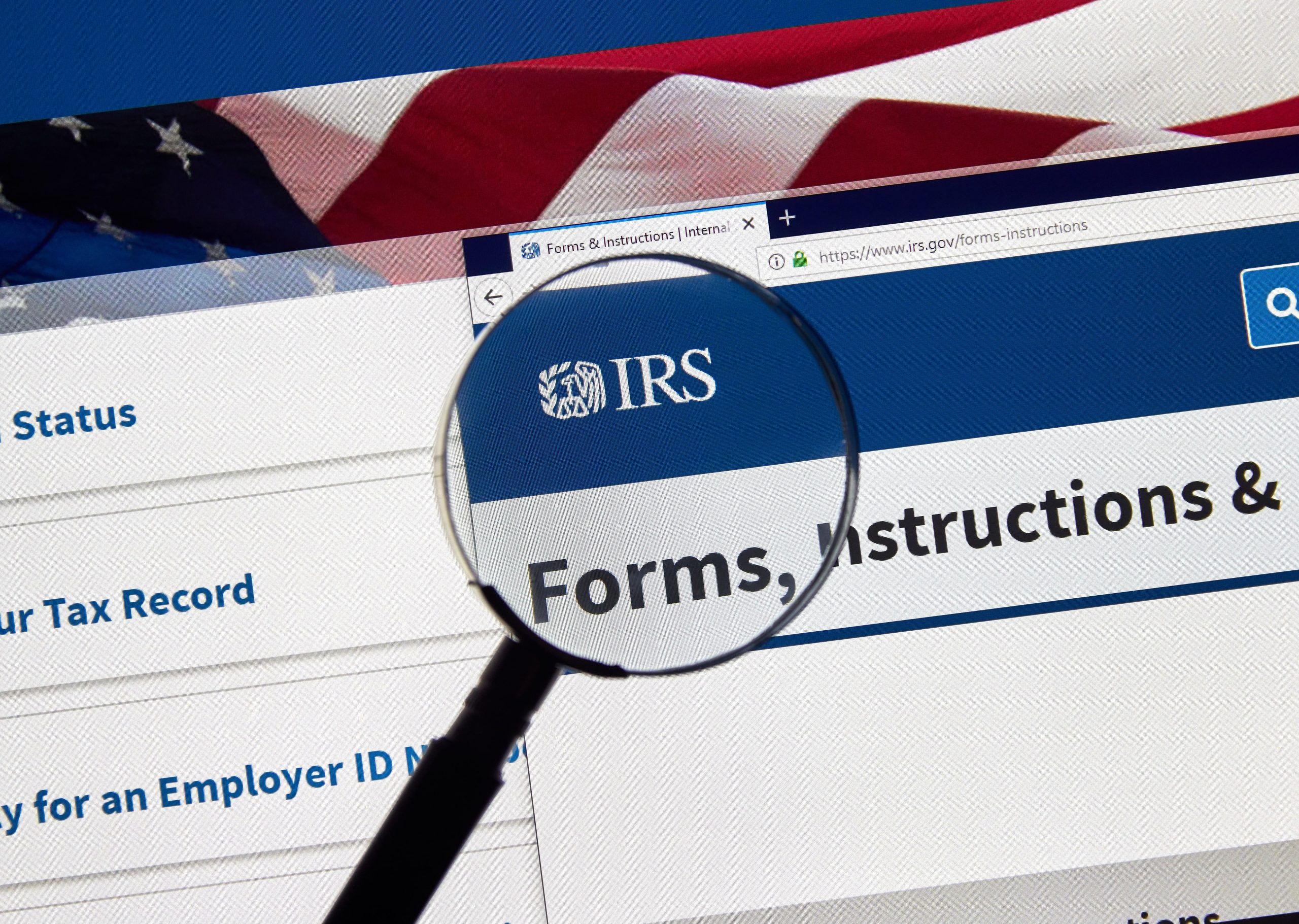
Table of Contents
Imagine filing and paying your taxes, only to get a notice from the IRS stating that you did not. Many people have had a similar experience this year as a result of the IRS’s automatic notices. While receiving an IRS notice requires IRS debt relief services, it might not yet be the time to hire a debt attorney if you have already paid your taxes. The IRS may not have reviewed your filing as it is dealing with a mound of returns and correspondence that has accumulated over the last two years, thanks to the pandemic. The good news is that you won’t be receiving any more notices for a while. Continue reading to learn more about the IRS suspending the mailing of additional letters.
Temporary suspension of mailing of additional letters
The IRS recently stated that it will temporarily halt the issuance of more than a dozen different types of automated letters showing amounts due, unfiled returns, and other IRS tax problems to address its pandemic-related backlog. The following are the notices whose issuance the IRS has suspended as of now:
Related Blog Post: 3 Benefits of Settling IRS Tax Debts
Individual Taxpayer Notices
- CP80: Unfiled Tax Return
- CP59 and CP759: Unfiled Tax Return(s) – 1st Notice
- CP516 and CP616: Unfiled Tax Returns – 2nd Notice
- CP518 and CP618: Final Notice – Return Delinquency
- CP501: Balance Due – 1st Notice
- CP503: Balance Due – 2nd Notice
- CP504: Final Balance Due Notice – 3rd Notice, Intent to Levy
- 2802C: Withholding Compliance letter
Business Notices
- CP259 and CP95: Return Delinquency
- CP518 and CP618: Final Notice – Return Delinquency
Related Blog Post: A Look at Tax Inflation Adjustments for the 2022 Tax Year
What awaits taxpayers?
You must ordinarily reply to automatic notices: by filing a return, making a payment, submitting requested information, explaining why the notice is incorrect, or seeking IRS debt forgiveness or penalty abatement, depending on the facts of your case. For now, however, the IRS is too busy to respond in a timely manner. Last year, the IRS processed 6.2 million responses from filers to IRS-proposed modifications in their returns in an average of 199 days. Attempting to contact the IRS on the phone to resolve tax problems was even more frustrating. According to a recent IRS letter to Congress, the agency has been receiving 1,500 calls every second. The government agency did not say how many tax filers may have received automated warnings in the last few months. It did mention that some notices may still be on their way to taxpayers and could arrive in the coming weeks. If you have already gotten a notice, there’s no need to call, respond or ask for IRS debt relief because the IRS is still processing prior-year tax returns. That is, unless you or your Dallas tax attorney believe the IRS debt information in the notice is correct, you need not apply for remedies such as an IRS tax installment agreement or OIC (Offer in Compromise).
Don’t Let IRS Tax Problems Keep You Up at Night
Speak with an experienced tax attorney and take the first step toward peace of mind.
Conclusion
To prevent an IRS tax inquiry or hefty penalties, you must file and pay your taxes on time and follow the tax code to the letter. Avenues such as IRS debt relief could be available to if you find yourself in a sticky situation. Contact the Law Offices of Nick Nemeth if you seek IRS debt relief or face an IRS tax investigation. Our team of IRS lawyers in the Dallas metroplex is always ready to assist you pursue available IRS debt relief options. Simply call (972) 426-2553 or use our Contact Form to schedule an appointment.



